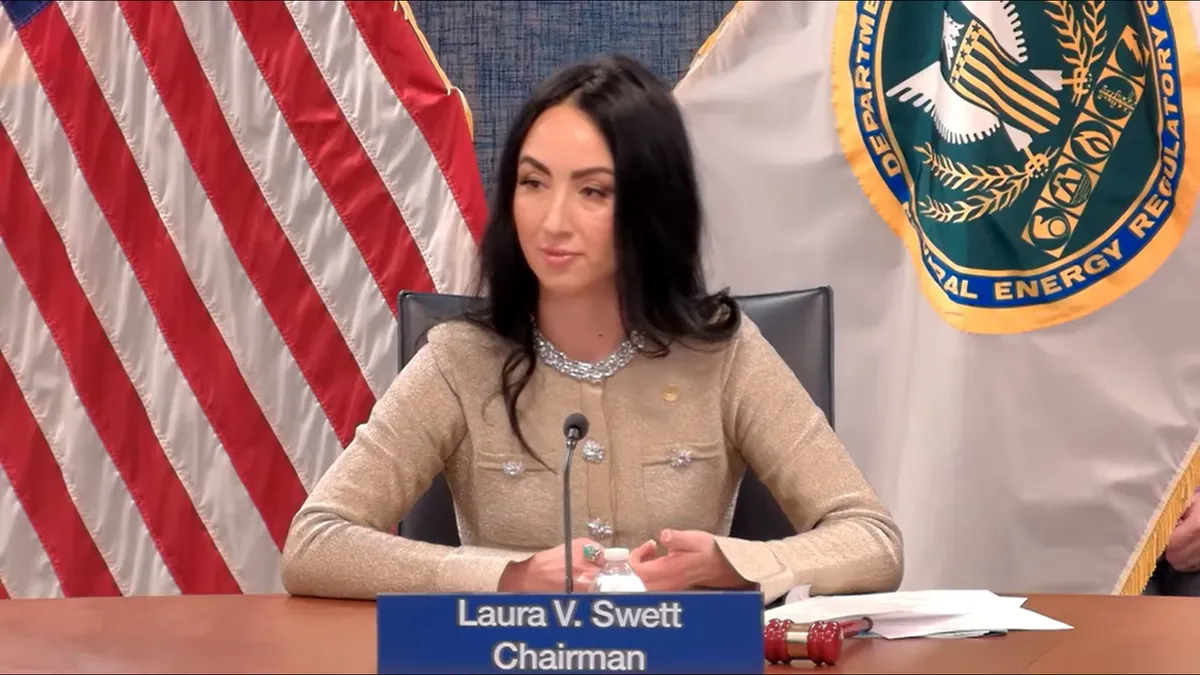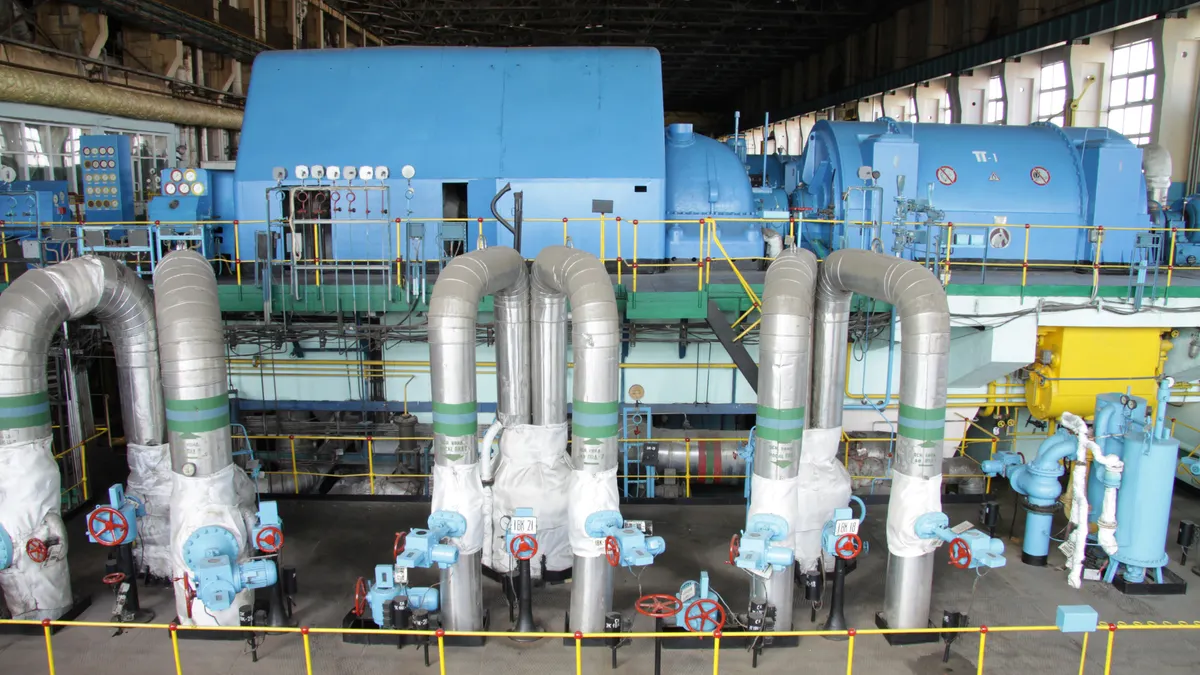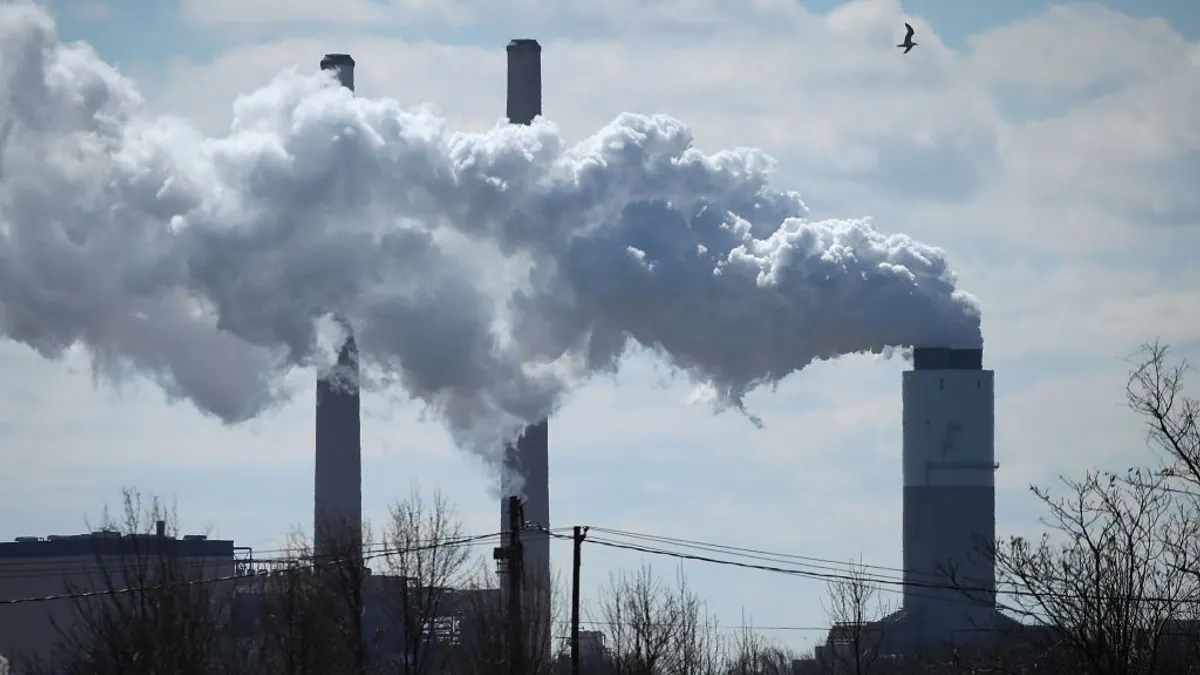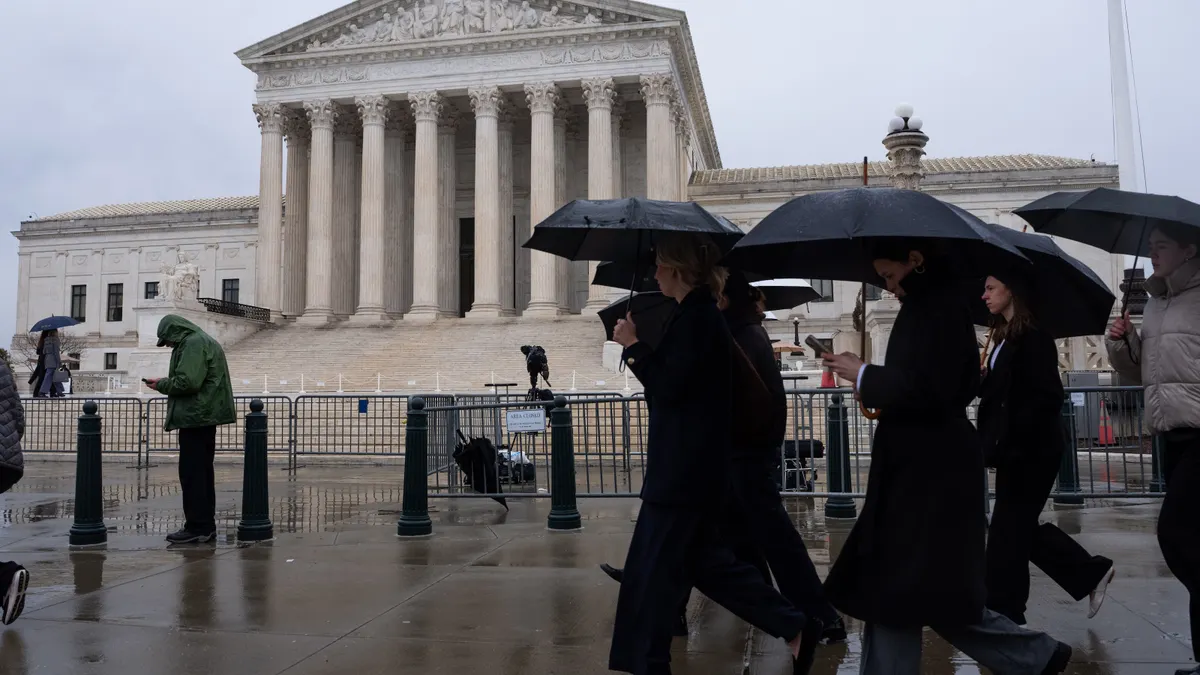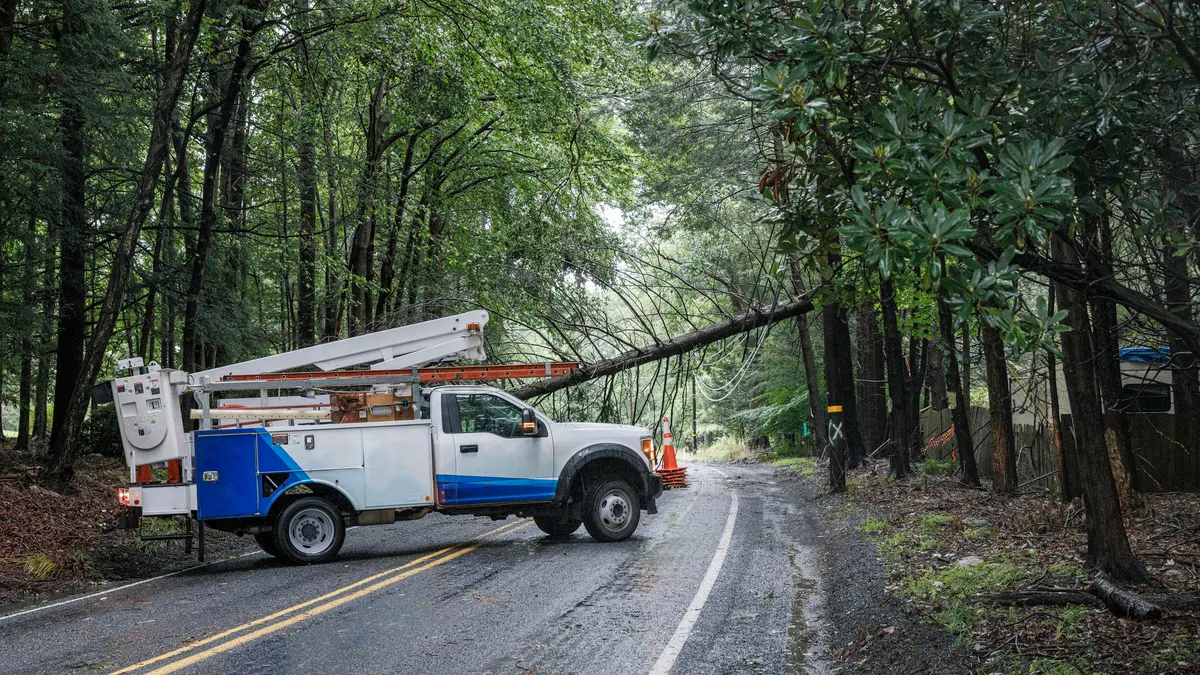Charles Hua is the founder and executive director of PowerLines. Abe Silverman is a former general counsel of the New Jersey Board of Public Utilities and researcher at Johns Hopkins University’s Ralph O’Connor Sustainable Energy Institute. Ted Thomas is a former chairman of the Arkansas Public Service Commission and founder of Energize Strategies.
Earlier this year, the federal government announced significant layoffs across government agencies. At the Department of Energy alone, 3,500 government workers are expected to leave. These talented and skilled professionals are now on the market, looking for new careers.
Meanwhile, immense challenges loom for the nation’s energy system — from skyrocketing utility bills and surging electricity demand to aging grid infrastructure and increased cybersecurity threats. There is a growing need for talented engineers, economists, lawyers, accountants and other professionals to help tackle these challenges.
While much attention on energy issues focuses on federal action, most of the critical decisions over our electricity system are taking place at the state level, at state public utilities commissions, state energy offices and state consumer advocate offices. These agencies are juggling an increasingly complex and expansive set of responsibilities, from planning for the buildout of energy resources and courting economic development projects to setting electricity rates and securing critical infrastructure.
States bear disproportionate responsibility for maintaining affordable, reliable and safe electricity. And it is at the state level that departing federal workers can have the greatest impact on our energy future.
The U.S. electricity system is at a crossroads. Nearly 80 million Americans, or one in three, are struggling to pay their utility bills, with electricity costs increasing 30% since 2021. According to a new national online poll conducted by Ipsos, four in five (80%) Americans say they feel powerless over their utility bills. This trend is expected to continue, with electricity demand rising at its fastest pace in a generation, driven by data centers, industrial manufacturing and electrification. Our utility regulatory system must keep pace, managing rising utility bills while growing the economy.
State PUCs are especially critical to protecting the interests of American energy consumers. Just 200 PUC commissioners across the country oversee more than $200 billion a year in annual utility spending, investments that power the $30 trillion U.S. economy. These individuals can be considered the Supreme Court justices of energy.
State public utilities commissions are the beating heart of the energy system. These agencies regulate electric, gas, water, telecommunications and other utilities in each state and generally have the power to set utility rates, evaluate utility investments and conduct energy planning.
For example, when tech companies seek to build a billion-dollar data center that could consume a small city’s worth of electricity, it is up to PUC staff to analyze how the grid can serve this new demand, determine how to fairly allocate project costs, and ensure system affordability and reliability.
PUCs desperately need skilled energy professionals to advance economic development, energy affordability and national security objectives — goals that require strategic investments in infrastructure deployment across states. Energy professionals will serve both the public interest and their professional careers by working for state PUCs.
Today, these state regulatory agencies are understaffed, with many PUCs comprising fewer than 100 employees. By working for a PUC, engineers, economists, project managers, lawyers, communications experts, accountants, policymakers, cybersecurity professionals and others can roll up their sleeves and work on intellectually stimulating projects that offer significant professional growth while making a difference in American consumers’ lives.
State PUCs would be wise to take advantage of this new pool of highly-skilled workers that have proven their commitment to public service. Meanwhile, state-level policymakers should invest in well-resourced PUCs that can effectively serve as a bulwark against rising utility bills.
The stakes could not be higher. The decisions that state PUCs make over the next five years will shape the future of our energy system and determine whether it can keep pace with rising electricity demand, impacting the bills people pay and the jobs companies create. The roles that PUC staff occupy will be among the most important and rewarding positions in the energy sector. Get in while you can.




